Calendar
Events
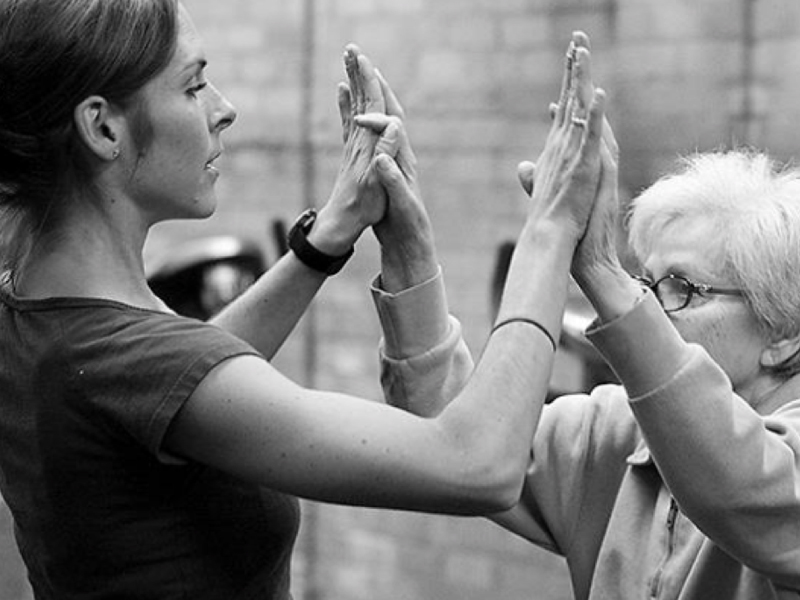
November 11, 2025 @ 1:00 pm - 3:00 pm
Putting You First for Care Partners
This interactive 2-hour workshop will help participants reflect on all aspects of their well-being.
Through this guided reflection process, participants will identify opportunities for change and start creating a plan to attaining better balance in their lives.
Audiences:

November 13, 2025 @ 6:00 pm - 8:00 pm
U-First!® for Care Partners
U-First!® for Care Partners is a new education program for family and friends who are providing direct support to someone experiencing behaviour changes as a result of dementia or other cognitive impairment.
Audiences:

November 19, 2025 @ 10:00 am - 11:30 am
Finding Joy and Humour in Caregiving
This educational workshop is for care partners of individuals living with dementia with a focus on looking at the lighter side of caregiving.
Audiences:

November 20, 2025 @ 6:00 pm - 8:00 pm
U-First!® for Care Partners
U-First!® for Care Partners is a new education program for family and friends who are providing direct support to someone experiencing behaviour changes as a result of dementia or other cognitive impairment.
Audiences:

November 24, 2025 @ 12:00 pm - 1:00 pm
Young Onset Dementia
Enhance your knowledge of young onset dementia, the unique challenges faced by the person and their families and opportunities to support someone who is living with young onset dementia.
Audiences:

November 25, 2025 @ 10:00 am - 11:30 am
Advanced Care Planning
This workshop will review the importance of Advance Care Planning, and the steps involved in the process, in the case where one becomes mentally incapable of making their health care decisions.
Audiences:

November 27, 2025 @ 10:30 am - 11:30 pm
Music in Dementia
This educational session will cover the definition of Dementia and its symptoms, the benefits of personalized music for people living with dementia and understanding the role of the Alzheimer’s Society Music Project.
Audiences:

November 27, 2025 @ 6:00 pm - 8:00 pm
U-First!® for Care Partners
U-First!® for Care Partners is a new education program for family and friends who are providing direct support to someone experiencing behaviour changes as a result of dementia or other cognitive impairment.
Audiences:

December 2, 2025 @ 10:00 am - 11:30 am
Dementia Overview for Care Partners
This workshop will provide care partners with an overview of Alzheimer’s disease focusing on the importance of early diagnosis and illustrates the progression of the disease.
Audiences:
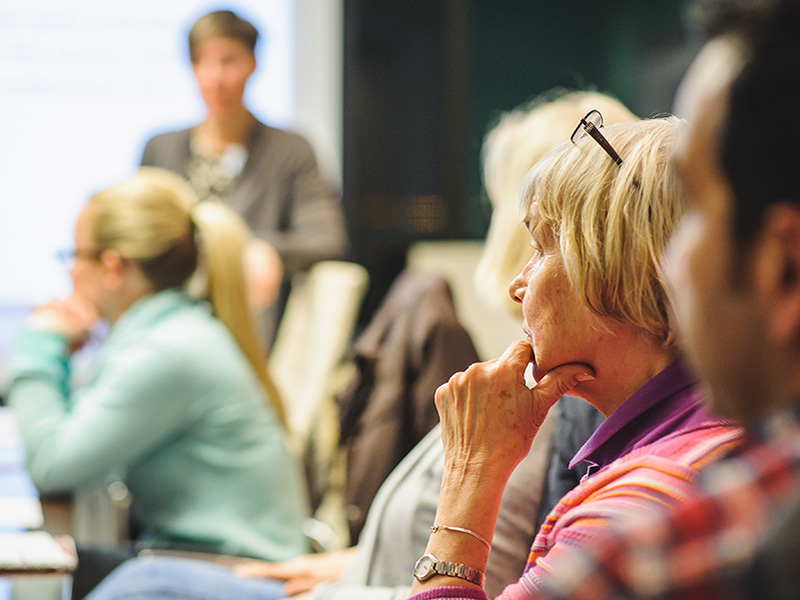
December 4, 2025 @ 2:00 pm - 3:30 pm
Living with Mild Cognitive Impairment (MCI)
This workshop is for people living with Mild Cognitive Impairment (MCI) and/or care partners of people living with MCI. The focus of the session will be on providing an overview of MCI and the differences between normal aging, MCI and dementia.
Audiences:
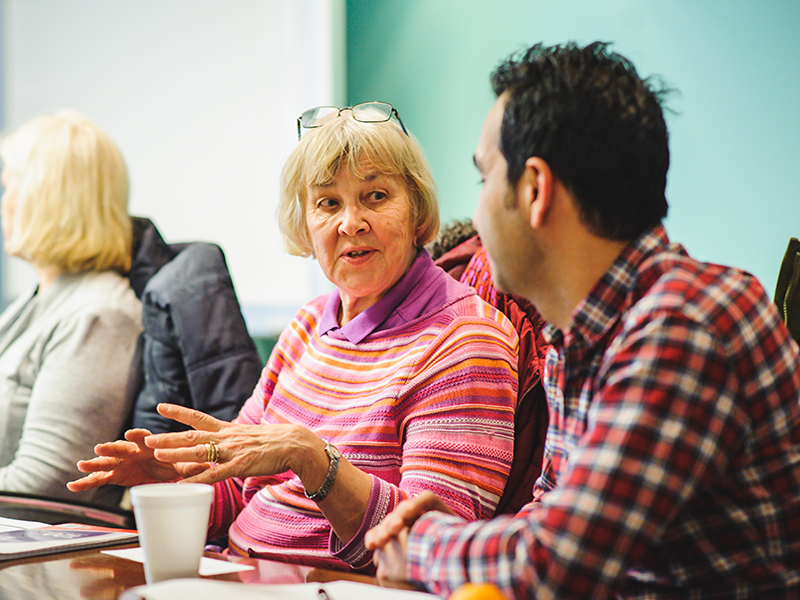
December 9, 2025 @ 10:00 am - 11:30 am
Reframing Guilt and Anger in Caregiving
This workshop is to help care partners recognize and identify the causes of guilt and anger in caregiving and develop coping strategies to reframe guilt, anger and build resilience.
Audiences:

December 11, 2025 @ 1:00 pm - 2:30 pm
Mindfulness and Meditation
This hands-on, interactive workshop is for care partners of people living with dementia. The overarching goal is for care partners to feel more relaxed and grounded at the end of the workshop, and to learn one or more relaxation and meditation techniques to continue to use on their own.
Audiences:
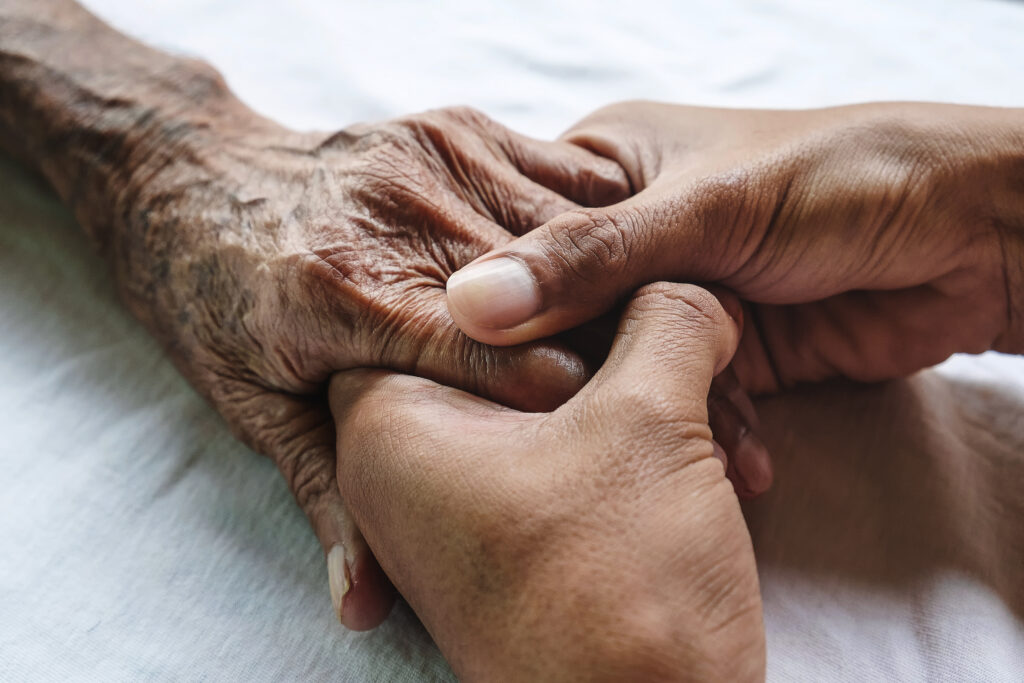
December 15, 2025 @ 1:00 pm - 2:30 pm
End of Life Care
This workshop is for care partners of persons in the late stage of dementia. It provides an opportunity to discuss issues regarding changes in the late stage, approaching the End-of-Life, making difficult decisions for this stage, grief and the need to take care of yourself.
Audiences:

December 23, 2025 @ 10:00 am - 12:00 pm
Celebrating Special Occasions
This workshop explores the unique challenges of celebrating holidays and special occasions. Gain practical planning tips, including strategies to promote meaningful communication with the person living with dementia.
Audiences:

January 5 @ 2:00 pm - 4:00 pm
Coping with Death and Grief
Losing someone who had dementia can be a unique and complex experience for those who cared for them. This presentation will explore these issues, identify various approaches to grief, and suggest ways for care partners to cope with loss.
Audiences:

January 6 @ 1:00 pm - 2:30 pm
Dementia Overview for Care Partners
This workshop will provide care partners with an overview of Alzheimer’s disease focusing on the importance of early diagnosis and illustrates the progression of the disease.
Audiences:
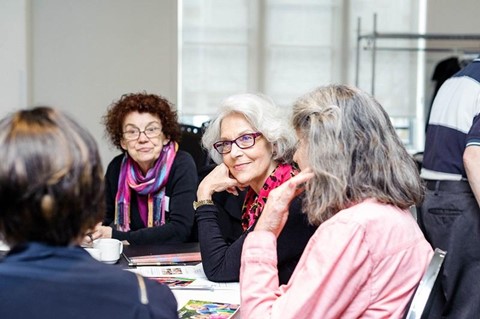
January 7 @ 10:00 am - 11:30 am
Understanding Behaviours and Supportive Communication
This workshop provides an overview of behaviours in dementia and communicating in a supportive manner. It will focus on providing participants with the knowledge of how behaviours and communication can change over the course of the disease and ways to supportively communicate with a person living with dementia.
Audiences:

January 8 @ 10:00 am - 11:30 am
Unpacking Denial in Dementia
The focus of the session will be on exploring the concept of denial and anosognosia, how it impacts persons with dementia and their care partners, and strategies for assisting families.
Audiences:

January 15 @ 1:30 pm - 3:00 pm
Learning to Live with Ambiguous Loss and Grief
Explore the concept of ambiguous loss, develop coping strategies and gain understanding of feelings of grief when caring for a person with dementia.
Audiences:

January 20 @ 10:00 am - 11:30 am
Reframing Guilt and Anger in Caregiving
This workshop is to help care partners recognize and identify the causes of guilt and anger in caregiving and develop coping strategies to reframe guilt, anger and build resilience.
Audiences:
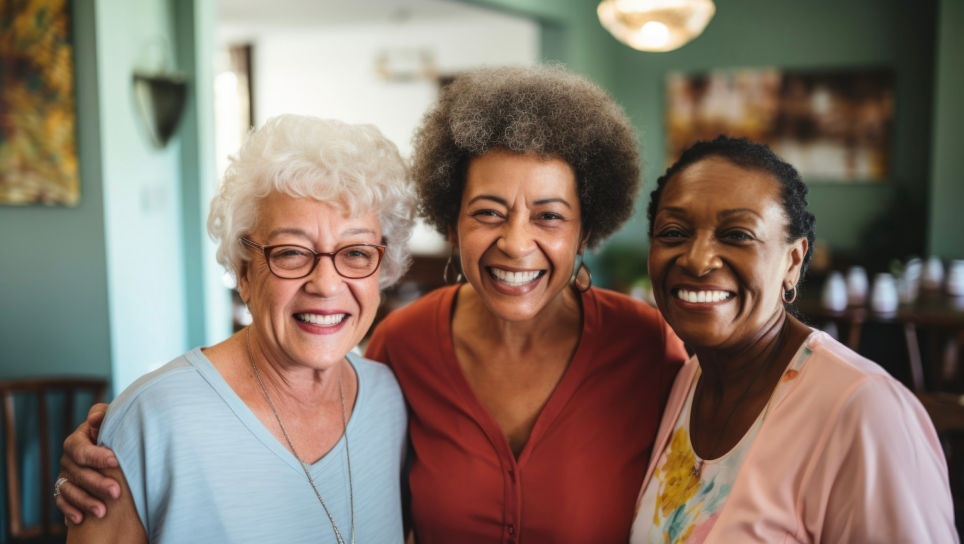
January 22 @ 10:00 am - 11:30 am
Enhancing Family Dynamics
This workshop is for care partners of individuals living with dementia. The focus of the session will be on exploring significant sources of conflict for families dealing with dementia and strategies for assisting families, building on strengths and resilience.
Audiences: